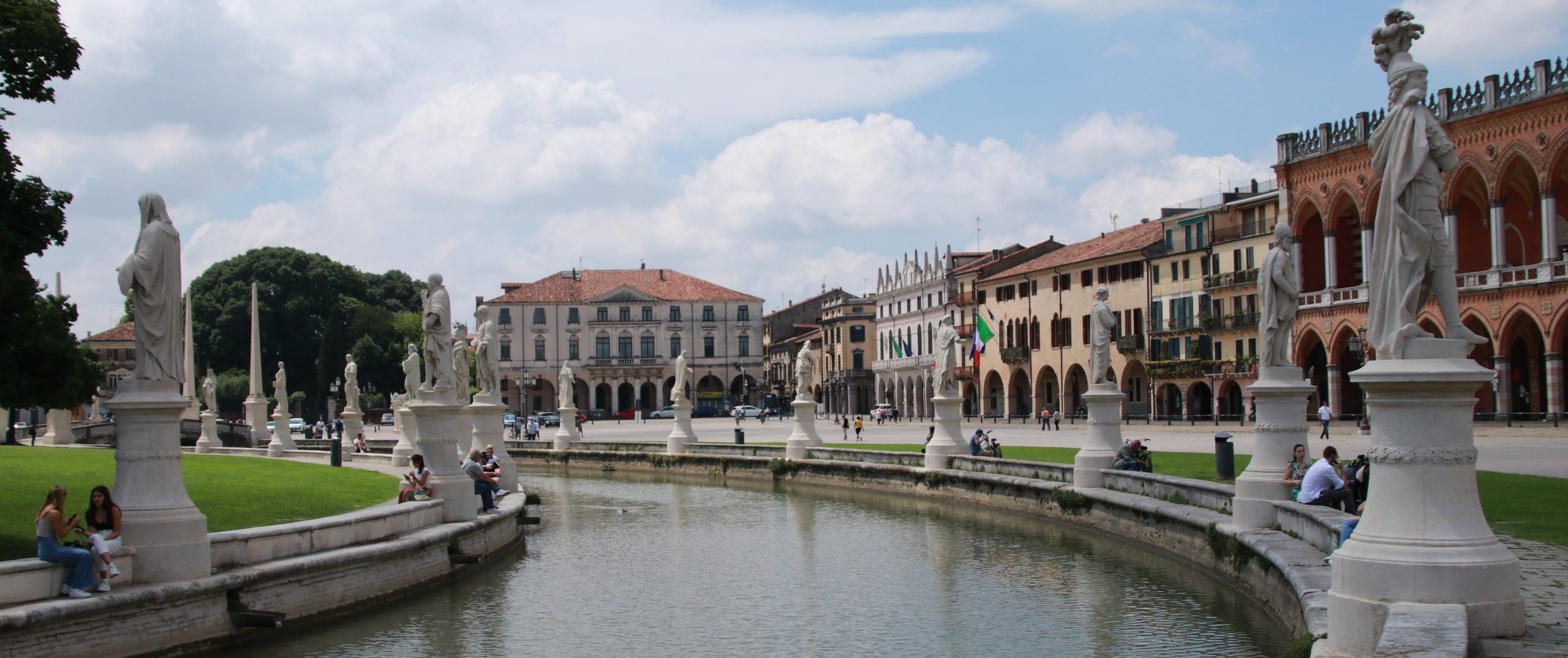The Italian Social Security system is administered by the INPS. Describing the INPS, and its duties, in a short article is quite complex, however we try to provide you a good outline of the Social Security system of Italy.
INPS has the second largest budget (second to the government only), and it is the administration in charge of paying the public pension system to retirees; the budget is made of contributions paid by employees and self-employed persons, who pay their insurance contribution which is used to pay the current retirees pension.
INPS also pays unemployment benefits to redundant workers, as well as other welfare payments to low income families.

Table of Contents
ToggleEmployment social Security
Every employee is required to pay social security, which is in turn withheld directly by the employer.
The applicable rate is 27.58% of the gross remuneration, ⅔ are paid by the employer, whilst 1/£ is paid by the employee.
The gross income cap is set at € 103.550, therefore beyond such income threshold no social security is payable by the employer or the employee.
Artisan and commerce social security
If you perform any activity deemed as artisanal (plumber, construction worker, truck driver etc.) or commerce (wholesaler, e-commerce, direct selling etc.), you are required to register at the INPS Gestione Artigiani e Commercianti and pay a fixed plus variable contribution on the income.
Regardless of the income made, you are required to make quarterly payments of roughly € 1000 each, then you must pay 24% from € 15,000 to € 78,000.
Freelancer social security – Gestione separata
If you undertake any freelancer activity (designer, consultant, digital marketer etc.) you must enroll at the Gestione Separata which requires you to pay Social Security at 25.98% rate up to € 103,550 in income.
Some professionals such as doctors, lawyers, accountants among others have their own different social security system. However, they can opt to be included in the Gestione Separata.
Is it possible to pay more than one Social Security
If you are employed full time, and you undertake any other activity on the side, you are not required to pay supplemental contributions to the INPS.
How much do I get when I retire?
The total payout depends on the years of work, as well as the amount of the contributions paid throughout the time. If you have worked overseas, you can totalize the periods of coverage by the Social Security of the foreign country.
This allows you to cumulate the different periods of work during the years of employment and fulfill the seniority in the employment.






